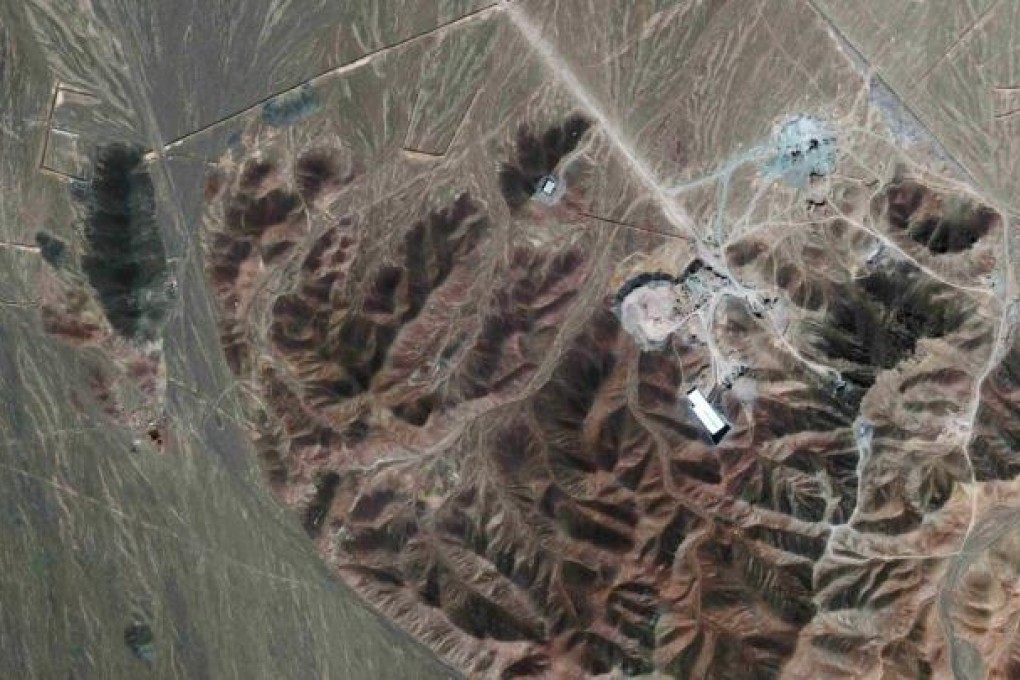Iran nuclear deal depends on what's feasible
Jonathan Power says a blanket objection to uranium enrichment will go nowhere

There has never been a full-scale war between two nuclear-armed states. If Iran does cross the nuclear threshold, the same deterrence will apply. No rational person would want to provoke their own incineration. Kenneth Waltz, the distinguished theorist on the conduct of war, has written in Foreign Affairs that with Israel possessing over 200 nuclear weapons, Iran having a bomb would bring stability.
I don't want to go as far as Waltz. The launch of nuclear weapons can always be done by accident or by the action of rogue members.
But why doesn't US President Barack Obama put more effort into pressuring Israel to make peace with the Palestinians? This, more than anything, would work to defuse the whole bad situation. Or, going further, why doesn't Obama push through a Middle East nuclear-free zone?
How near are the Iranians to having the ability to make a bomb if they want to - that is, enriching their stock of uranium from the current 20 per cent to the 90 per cent necessary for making a warhead? Unlike Prime Minister Benjamin Netanyahu, senior Israeli intelligence officials don't think it's imminent. Neither do much of the CIA.
It took 25 years for Iran to learn to enrich to 20 per cent. This suggests that reaching the next stage will take quite some time. Iran's authoritarian culture does not lend itself to fast development.
At the moment, the US does not think Iran is building a nuclear weapon. But it does believe that, in certain circumstances, it might. Time is on the negotiators' side. Still, it is not a good idea to give the negotiations much time as the present sanctions are hurting Iran's poor the most.